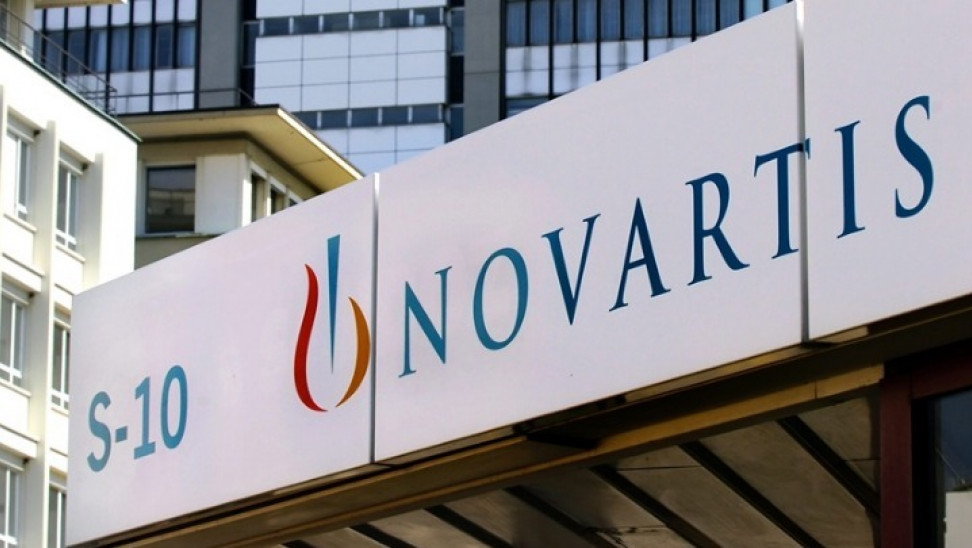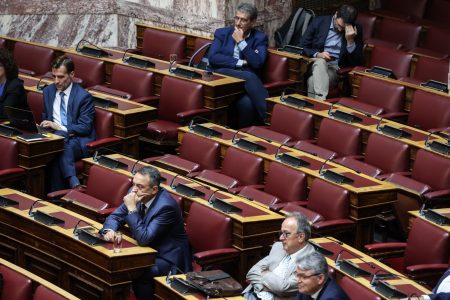The Novartis affair which Mr. Tsipras had described as a major scandal and most opposition parties described as a conspiracy did not develop in a vacuum.
One must make some fundamental observations before describing the case.
Everyone who has followed the evolution of expenditures on pharmaceuticals knows that the phenomenon of excessive prescriptions began after 2002 and snowballed between 2004 and 2009 under the New Democracy government.
At that time directed prescription writing became something of an industry.
That is why it became the first target of the troika which vehemently demanded a reduction of pharmaceutical expenses and it achieved that between the second and third memorandum.
Between 2010 and 2014 the expenditure was limited to two billion euros from six billion. From thereon in governments kept expenditures at controllable levels.
The political angle of the Novartis affair came to the forefront much later, after excessive subscriptions were largely under control.
In January, 2018, as SYRIZA was planning its electoral campaign there were articles that spoke of forthcoming revelations of kickbacks to politicians.
The same month at a meeting at night at the PM’s office the government was informed and ministers started talking about a huge scandal, the biggest since the founding of the Greek state, even as prosecution of ten distinguished politicians who were staunch opponents of the Tsipras government was being prepared.
From the start there were suspicions that the case was opened with ulterior motives. The large number of those charged and the implication of persons above suspicion enhanced the disputes and doubts about the credibility of the accusations.
That sense was bolstered when the supposed testimony of protected witnesses was full of unproven and exaggerated events that had no credibility.
When the identity of the protected was revealed it came to light that they were part of the network of over-subscription and so their credibility collapsed.
From the middle of 2018, the prevalent view was that the government cooked up a plan to retain political predominance by defaming its opponents. It implicated willing judges who did what they could to support the charges and allegations without evidence.
The reaction of the accused was vehement and the operation did not produce the expected results and yet those who inspired this persisted and filed charges, with disappointing results.
Before the July elections most cases were closed and those that were left pending equally lacked credibility,
The Tsipras government suffered a stinging defeat and the charges of scandal started unraveling and the conspiracy was highlighted.
The latest revelations highlighted the scheme and the political targets.
Now SYRIZA which was once the accuser is struggling to prove that it did not exploit the protected witnesses who took an opposing position for personal gain.
That is the way of politics. Abuse of power is punished, especially when it undermines democracy.





